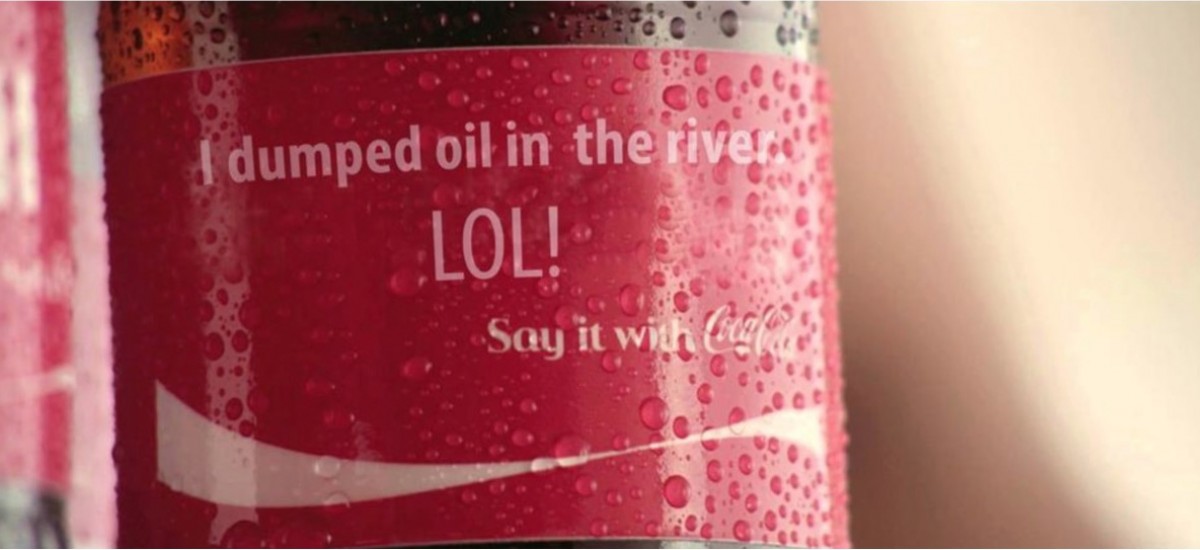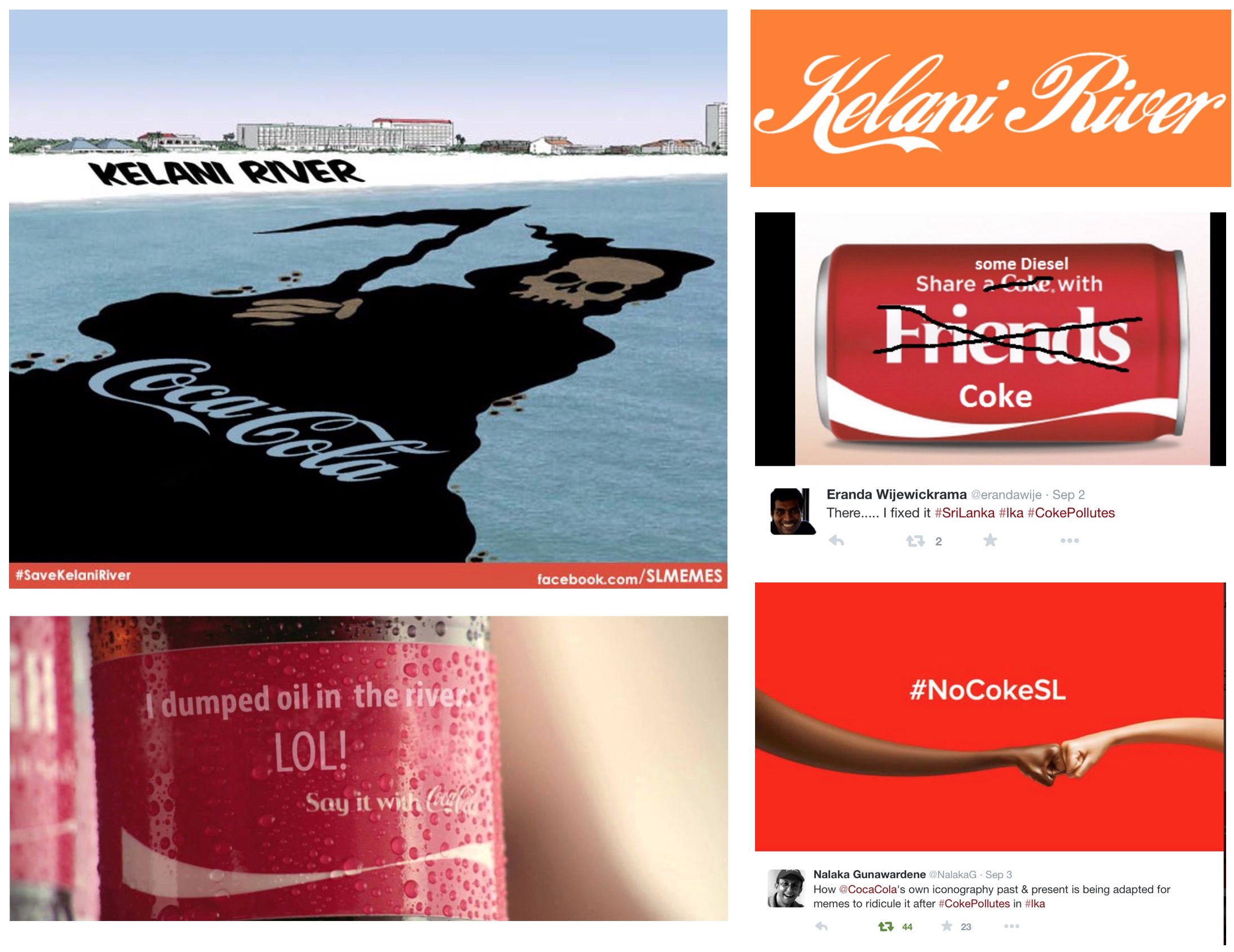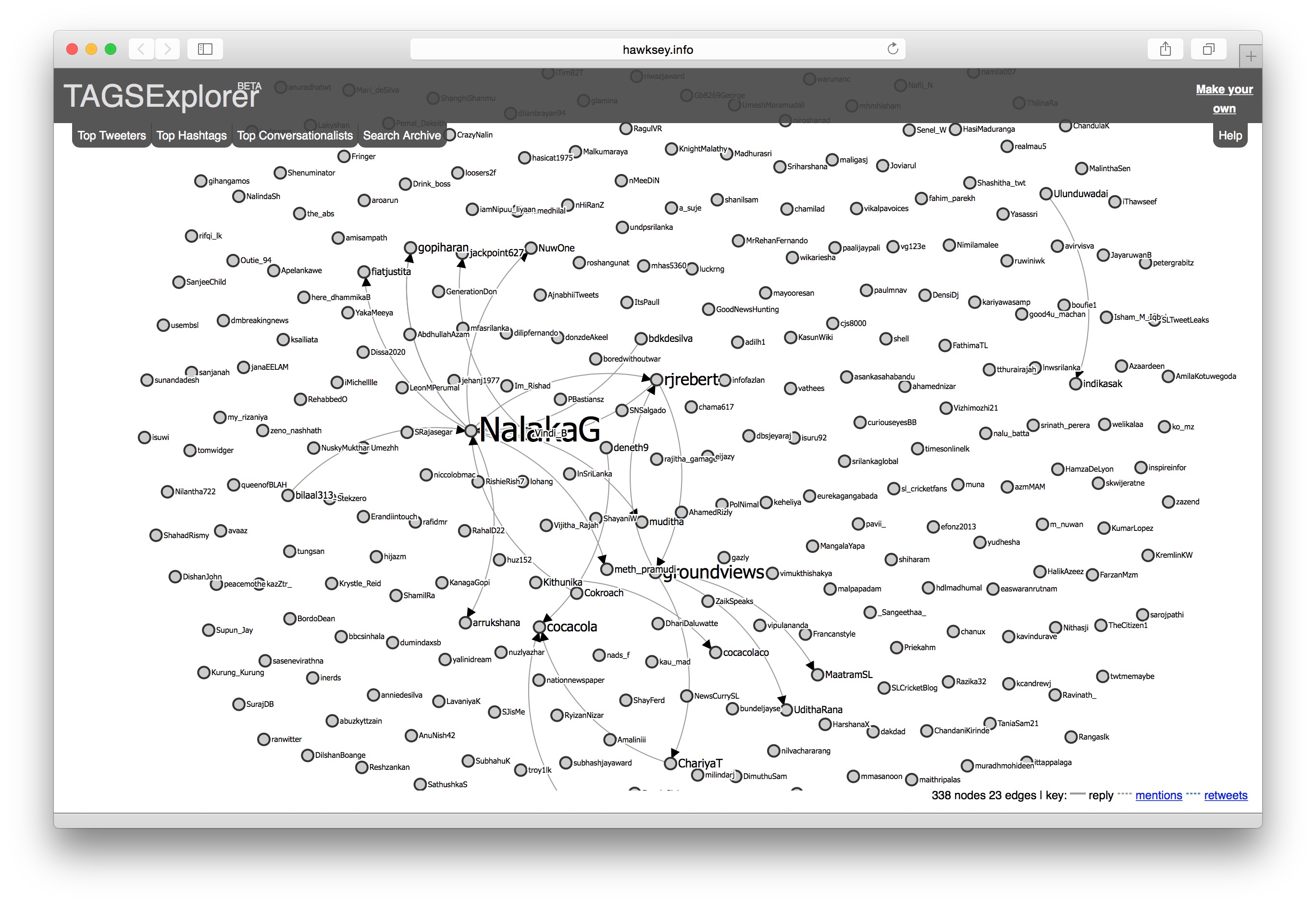Coca-Cola has paid Rs 130 Million to Water board as voluntary compensation for Kelani River pollution issue reports Lankadeepa newspaper
— Azzam Ameen (@AzzamAmeen) September 25, 2015
It appears that due to the pressure on the company, Coca Cola has paid Rs. 130 million as voluntary compensation for polluting the water supply of Colombo. As reported in the news media, according to the Federation of Environmental Organisations, approximately 400,000 citizens were affected due to the oil contamination of the Kelani on election day.
Ariesha Wikramanayake compared the incident to what Coca-Cola did in Plachimada, a small fishing and agricultural village in the Palakkad district of Kerala, India, which left the village with dangerously high levels of cancer-causing cadmium and lead in the soil, which led to crop failures and further contamination of its precious groundwater.
Abdul Halik Azeez condemning what was initially a lack of mainstream media coverage on the issue, noted that “We need to wake up and smell the coffee, which now smells like diesel.”
Groundviews launched a petition against Coca-Cola on Avaaz, which ran for just over a fortnight, generating 1,862 signatures. The petition wanted Coca Cola to;
- Publicly accept responsibility for the contamination of Kelani river water.
- Ensure such incidents do not happen in the future by upgrading its environmental safety measures.
- Pay compensation for the damage it has caused.
The petition was subsequently picked up by Avaaz itself, and emailed to all its registered users in Sri Lanka. Download the full list of signatories here, which has also been sent to Coca Cola directly.
News reports that the US Embassy in Colombo was involved in pressuring government authorities to reduce the fine imposed on Coca-Cola by the Central Environment Authority (CEA) interestingly went unrefuted, despite invitations to clarify,
5. Why has @USEmbSL not denied reports of official pressuring CEA to revoke suspension of Coke EPL? https://t.co/KEqeOK93He #lka #srilanka
— Groundviews (@groundviews) September 2, 2015
The CEA itself back-pedelled on its initial stance despite the fact that news reports said Sri Lanka didn’t have the technical expertise to correctly determine the extent and nature of the pollution by Coke,
So essentially, Coke in #srilanka can slowly kill us, we just don't know how to prove it http://t.co/0vjd4NNGQ6 #CokePollutes #lka
— Groundviews (@groundviews) September 3, 2015
Groundviews also raised several questions over the incident on Twitter,
1. Why did CEA revoke Coke's suspension http://t.co/BU2ZbfaaRH without scientific testing it wanted? http://t.co/Xz1qSG26gZ #lka #srilanka
— Groundviews (@groundviews) September 2, 2015
2. CEA's revocation of Coke suspension http://t.co/BU2ZbfaaRH based on visual evidence & Coke's word. No scientific proof! #lka #srilanka
— Groundviews (@groundviews) September 2, 2015
3. Why did CEA want to send water samples to India http://t.co/Xz1qSG26gZ and then backtrack? http://t.co/BU2ZbfaaRH #lka #srilanka
— Groundviews (@groundviews) September 2, 2015
4. Will CEA release to public water quality reports http://t.co/BU2ZbfaaRH from Indian lab? If not, why not? #lka #srilanka #CokePollutes
— Groundviews (@groundviews) September 2, 2015
5. Why has @USEmbSL not denied reports of official pressuring CEA to revoke suspension of Coke EPL? https://t.co/KEqeOK93He #lka #srilanka
— Groundviews (@groundviews) September 2, 2015
As a blog post by Vesess that went viral over social media averred,
When you’re in full blown PR-crisis mode—which I believe Coke now is, or soon will be if the current trend in Sri Lankan social media continues—it’s natural to be guarded and defensive, as has happened here. It takes courage and some creative PR manoeuvring to be (or at least to be seen as) honest, open and accessible. The former is easier. The latter is more difficult, but also more beneficial in the long run. We’ll see which path Coca-Cola chooses.
There’s also that small issue of ethics. But then again, if that were a concern, we wouldn’t be in this mess in the first place.
Emphasis ours.
Social media featured some of the strongest criticism of the company, including through the use of digitally manipulated photography that were based on Coke’s own advertising campaigns.
Groundviews archived every single tweet with the #cokepollutes hashtag since the pollution of the Kelani River first went public, till today. Access the tweets through a fully searchable archive here, or download as XLS or CSV.
Access all the #cokepollutes tweets through a more graphical interface on the web here.



